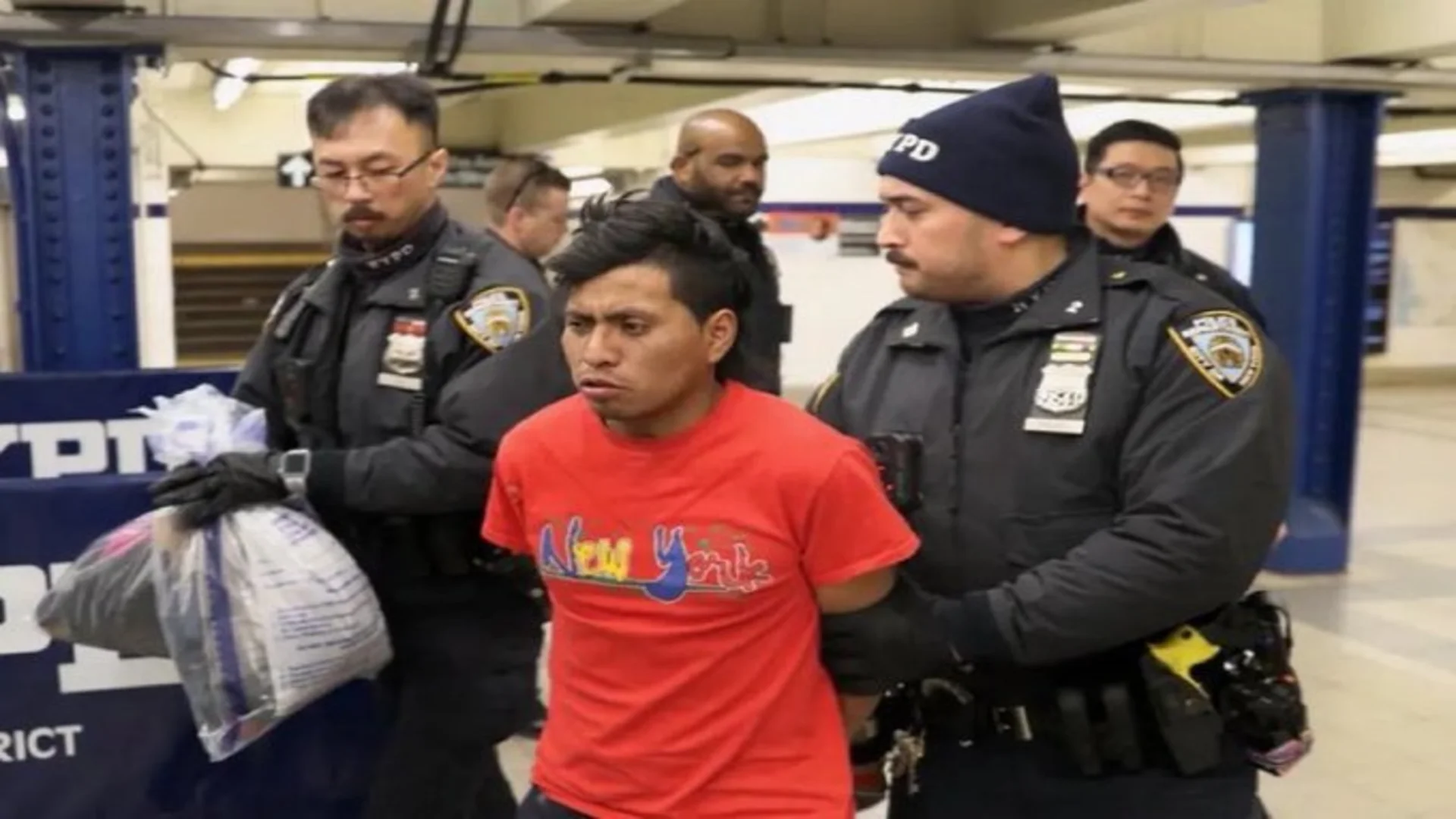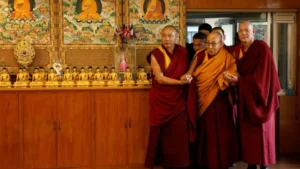The 89-year-old 14th Dalai Lama has put aside worries over his health and the future of Tibetan Buddhism by telling followers that he believes he will live to be more than 100 years old. Asked about his health after undergoing knee surgery in New York in June, the Nobel laureate said: “According to my dream, I may live 110 years,” with an air of optimism about his longevity.
The Dalai Lama had to keep away from meeting his followers nearly three months after the surgery. He, however has been back in his residence at Dharamshala, India, and he meets visitors thrice a week though he continues relying on aides for walking and uses a golf cart for longer distances. In the meantime, he also indicated that his knee was improving and there were no serious problems.
Succession Concerns
Even though the Dalai Lama predicts living for another two decades is comforting to his followers, uncertainty about his succession remains a pressing issue. Tibetan Buddhists traditionally believe the Dalai Lama is reincarnated as a child after his death, but this process raises many questions. Dolma Tsering Teykhang, deputy speaker of the Tibetan parliament-in-exile said, “We are only lay people, so we cannot even imagine his wisdom so we are waiting for his clear guidance as he turns 90 next month in July”.
The 89-year-old spiritual leader has always shied away from giving direct responses about his successor, thereby leaving his followers in suspense. Teykhang told that although the Tibetan Government-in-Exile could continue its political work, the responsibility of ascertaining the next Dalai Lama lies with Gaden Phodrang Foundation, the institution created by the current Dalai Lama in 2015 to oversee his religious and spiritual responsibilities.
Teykhang added, “We can’t take it for granted that he is going to live 113 years,” pointing to the unexpected early death of the previous Dalai Lama at 58. She expressed her concern, stating, “Without His Holiness, the struggle of Tibet, I don’t know where it will go.” But she placed her hope in the system the Dalai Lama has built over the past 60 years.
The Dalai Lama plays a role in geopolitics.
His influence does not limit itself to Tibetan Buddhism. This can be seen in the relationship between India and China. He is the Dalai Lama, who fled to India in 1959 after the uprising against the Chinese rule failed. Today, he is the symbol of resistance in Tibet, and Beijing has argued for a long time that it will choose his successor, but the Dalai Lama has argued that his next incarnation could emerge in India. He has warned that any successor chosen by China would not be respected.
The Dalai Lama’s political role has been quite momentous on the world scale. He won the Nobel Peace Prize in 1989 for advocating for Tibet’s cause and has continuously used a “Middle Way” approach, seeking genuine autonomy and religious freedom within China. Regarding the new global political scenario, Teykhang said that the newly elected U.S. President, Donald Trump, has been Tibet-friendly and human rights-friendly, which she believes will bode well for Tibetans.
Teykhang revealed that Sikyong Penpa Tsering, the Tibetan government-in-exile, is also visiting the U.S. for assessment of political climate shifts. “Our Sikyong is there to figure how the changes are happening, and whether that would remain constant irrespective of which government is there, in my opinion, this remains relatively consistent in U.S.-Tibet support.”.
Overall, the future of Tibet remains uncertain without the Dalai Lama, but his leadership and legacy continue to mold the political and spiritual landscape for Tibetans around the world.












